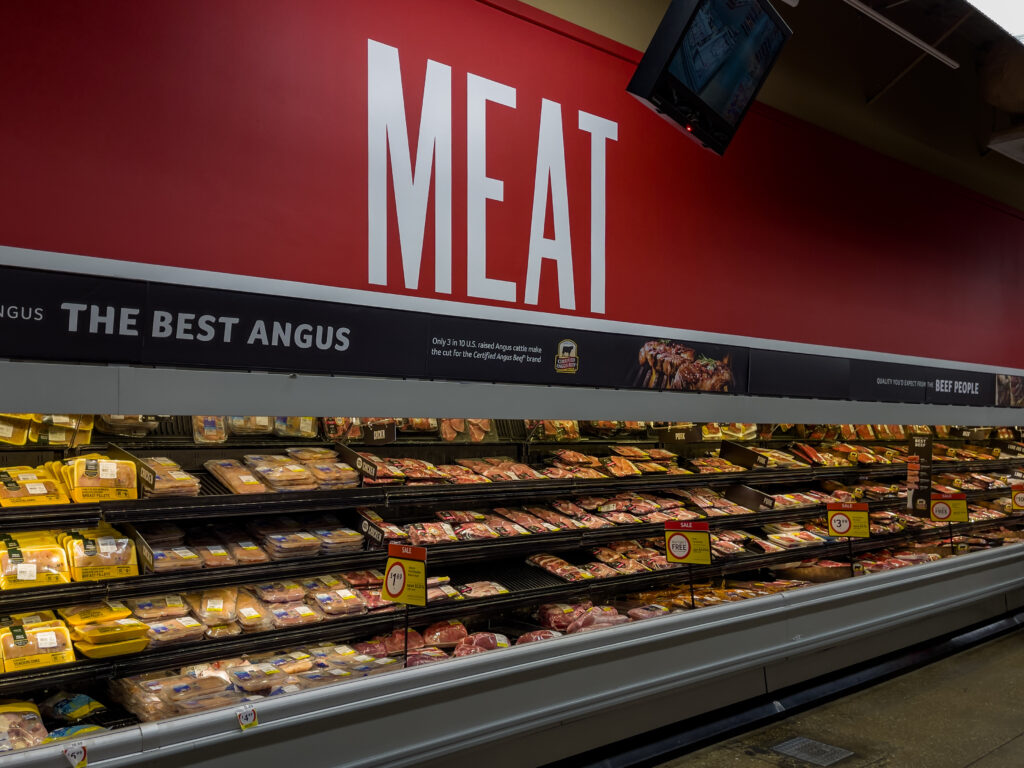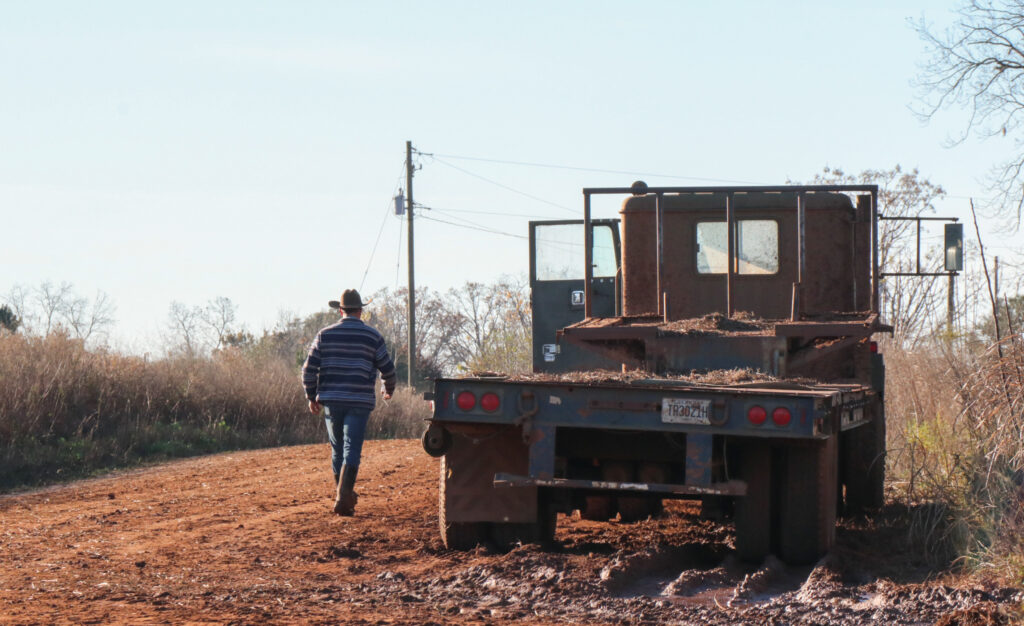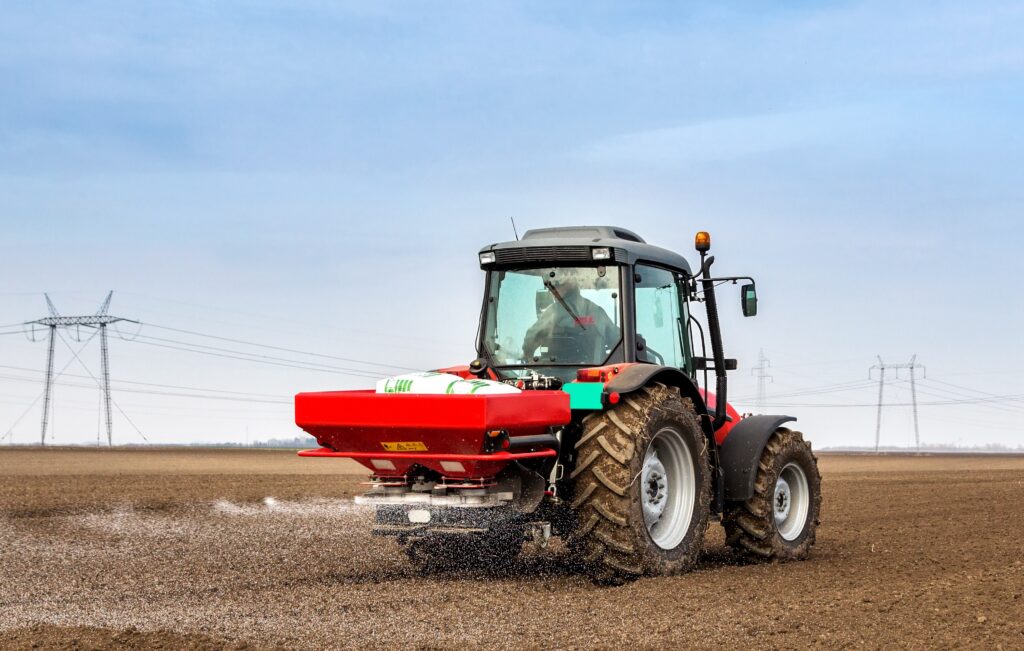Reposted from: www.nbcnews.com/trump-doj-meatpacker-investigation-price-fixing-beef-prices-rcna242671
In a Truth Social post, President Donald Trump said, without evidence, that the companies “are driving up the price of Beef, through Illicit Collusion, Price Fixing, and Price Manipulation.”
Minutes later, Attorney General Pam Bondi posted on X that a Justice Department investigation was “underway,” with the department’s antitrust chief, Abigail Slater, taking the lead in partnership with the Department of Agriculture.
Trump’s popularity has declined amid growing signs of a weakening economy alongside price increases for many household staples. Beef prices in particular have seen a steady climb, with ground beef hitting a record $6.32 a pound in September, according to the Bureau of Labor Statistics. A wave of victories for Democrats in Tuesday’s elections was seen as a partial referendum on Trump’s failure to deliver on campaign promises to address affordability issues that had taken root under President Joe Biden.
In a statement, the president of the Meat Institute, the meat packing industry’s chief lobbying group, said meat packers were not to blame for beef price increases and would “welcome a fact-based discussion” about affordability issues.
“Despite high consumer prices for beef, beef packers have been losing money because the price of cattle is at record highs,” Meat Institute President and CEO Julie Anna Potts said. “For more than a year, beef packers have been operating at a loss due to a tight cattle supply and strong demand.”
She continued: “The beef industry is heavily regulated, and market transactions are transparent. The government’s own data from USDA confirms that the beef packing sector is experiencing catastrophic losses and experts predict this will continue into 2026.”
In taking on beef price increases by targeting major meatpackers, some of which have foreign ownership, Trump is seeking to thread the needle on tackling consumer worries without further alienating the cattle ranch industry, which until recently had provided unwavering support to the president. Last month, the major cattle groups made an about-face, blasting Trump’s proposal to import beef from Argentina as another possible solution to address beef prices.
In his post Friday, Trump made sure to note that he was seeking to safeguard the ranchers.
“We will always protect our American Ranchers, and they are being blamed for what is being done by Majority Foreign Owned Meat Packers, who artificially inflate prices, and jeopardize the security of our Nation’s food supply,” he wrote.
The market forces underlying the rise in beef prices are complex and unlikely to be addressed solely by targeting meatpackers, who have already been the subject of multiple federal and class-action suits stretching back decades. Analysts say a combination of reduced cattle supplies, rising input costs like rent and labor, and rising demand for protein products in the U.S. have all placed upward pressure on beef prices. Earlier this year, the administration briefly announced it was pausing targeted immigration enforcement at agricultural sites amid criticism that it was causing labor shortages — though appeared to reverse that directive days later. It has since focused on easing rules around the H-2A temporary visa program for agricultural work, which supporters have called a “lifeline” for U.S. farmers seeking labor assistance.
The meatpacking industry has grown familiar with efforts to counteract its market influence. Consumer groups like Farm Action have long highlighted the influence of the so-called Big Four meatpacking groups — Tyson, Cargill, JBS and National Beef — which it says have come to dominate the industry due to weak antitrust enforcement and a wave of corporate mergers. In his 2022 State of the Union address, Biden accused meatpackers of “pandemic profiteering” and launched several initiatives designed to curb their power.
The companies have pushed back on such allegations, arguing the industry’s consolidation is no different than what has occurred elsewhere in the economy.
Still, they have recently been brought to heel. Last month, Tyson agreed to pay $55 million and Cargill $32.5 million to settle a beef price-fixing lawsuit originally filed on behalf of consumers in 2019, Reuters reported. JBS and National Beef, also named in the suit, continue to litigate. All have denied any wrongdoing. In February, JBS, whose majority owner is based in Brazil, agreed to a separate $83.5 million settlement over allegations of price-fixing brought on behalf of ranchers and other plaintiffs. JBS denied any wrongdoing.




